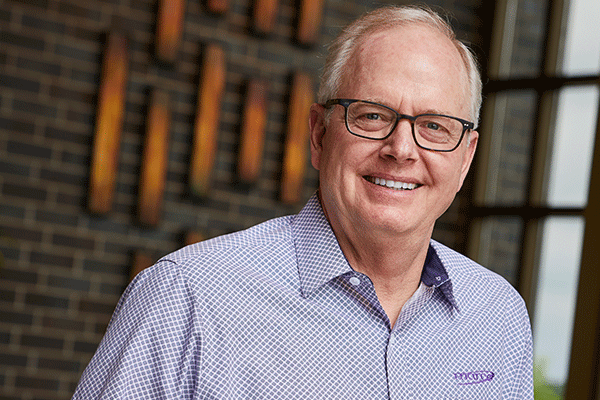– A D V E R T I S E M E N T –

Has this ever happened to you? Someone received a promotion, award or another commendation and you thought it should have been you. The feelings of jealousy or envy naturally set in. What you do next could define your career.
How we handle the success of others – even when we don’t agree with it – matters. I’ve seen people leave their jobs because they felt overlooked. We all have choices. Today, I challenge you to be a good cheerleader. It’s definitely a promotable behavior and key component of leadership, whether you hold the title or not.
Here’s my advice:
-
Squash your jealousy.
Like most things in leadership, it starts with good self-awareness. Jealousy and envy are natural human emotions. They will try to surface. Anticipate the times when you may become jealous, be aware of when you do and work to counteract those feelings. If you don’t, you can easily look like an anti-sponsor and that can destroy your career. Keep your emotions in check and make a rule of never saying anything less than positive behind anyone’s back. -
Be the first to offer genuine congratulations.
If you feel jealous, people are already expecting you to be. One of the best ways to counteract that is to promptly step forward to genuinely say well done. That can be face-to-face with a handshake, with a card or a call or through an email or text. The key is to be genuine. You can’t fake that. This can be the first step to establishing a good working relationship moving forward and setting the right tone for the entire team.

-
Flip your focus on strengths.
In the back of your mind, you may be thinking about why you are deserving. Flip your perspective and instead consider why the other person is deserving. This is where good self-awareness comes into play. Teams of leaders or judges typically make the decision based on a set of criteria with good reasoning. Rattle off a list of why you would choose the other person. Take the time to understand the person’s strengths and put that at the forefront of your mind. -
Take out the personal part of it.
That’s not easy. It can be hard to see something clearly from the inside, especially when it personally affects you. When you feel clouded, it can be good to seek outside advice. This can be really sensitive, so be careful how you approach it. How you ask the question of why it wasn’t you will matter. You want to come across as genuinely seeking professional career advice.
Read the full article here.












